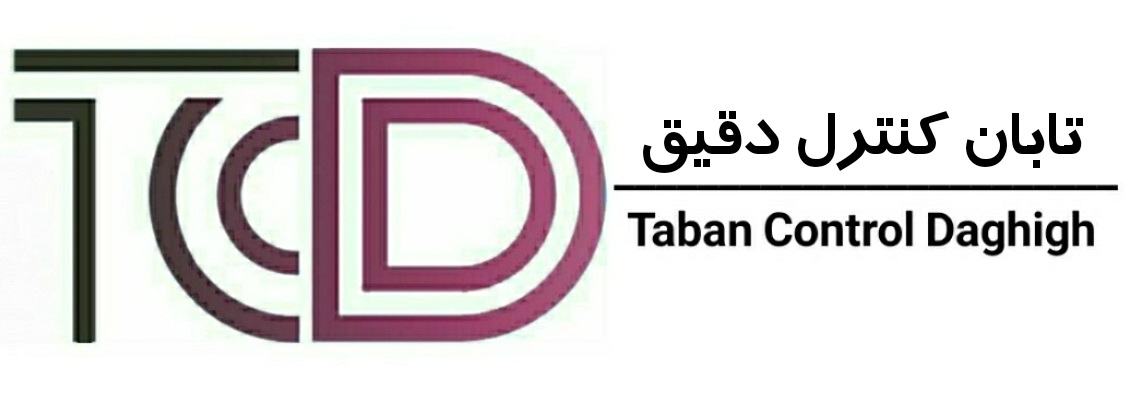
Mass and volume laboratory
Taban Mass and Volume Laboratory with Daghigh controls is one of the most advanced and comprehensive laboratory systems among the affiliated laboratories in the country, with calibration of various industrial and laboratory equipment. By using the experience and knowledge of experts, this laboratory has the ability to calibrate equipment using primary, secondary and working standards. Apart from carrying out calibrations with the highest level of accuracy, we also have the ability to repair equipment in various work areas.
Services provided in mass and volume laboratory
- Weight calibration F1, F2, M1
- Scale calibration
- Calibration of volumetric glassware (cylinders, balloons, pipettes, burettes, pycnometers, etc.).
- Calibration of volumetric piston vessels (burette, syringe, micropipette, diluent, dispenser, etc.)
- Calibration of trade metrics
Factors affecting mass calibration and measurement
Among the factors that influence the measurement of mass, we can mention the following:
- Characteristics, stability, and reproducibility of self-rating scales, etc.
- Stable ambient temperature
- Vibration (work environment and gases)
- Air turbulence
Some factors that affect mass calibration or measurement are unknown and some factors may be ignored according to EA 2.40 because it is smaller than the scale resolution, which is possible due to the high resolution of these factors when comparing some scales or masses. Be powerful
Effect of temperature stability on mass calibration
Changes in the temperature in the mass measurement environment due to factors such as direct sunlight or the proximity of measuring heating and cooling systems (temperature fluctuations) are factors that affect measurements according to manufacturer’s instructions or standards.
Effect of vibrations on mass calibration
The effect of mass vibration and resolution is most obvious, mainly in time stability and reliable reading of the true mass value. Current guidelines recommend using a stone table on the floor (at least two supports on the wall or floor) to reduce vibration shock, and not to frequently use the laboratory on the floor.
Effect of magnetization in mass calibration
Sources that emit magnetic fields can affect the performance of the scale. It is recommended that measuring devices are not placed near magnetic and electromagnetic fields, such as mobile phones or communication devices. Even magnetizing some metals and even weights can be effective in working on very sensitive scales.
the last word
In the mass calibration laboratory, weight calibration, scale calibration, scale calibration, height and weight calibration of children are done by experienced and trained experts based on the qualification certificate and the extent of national and international standards.

